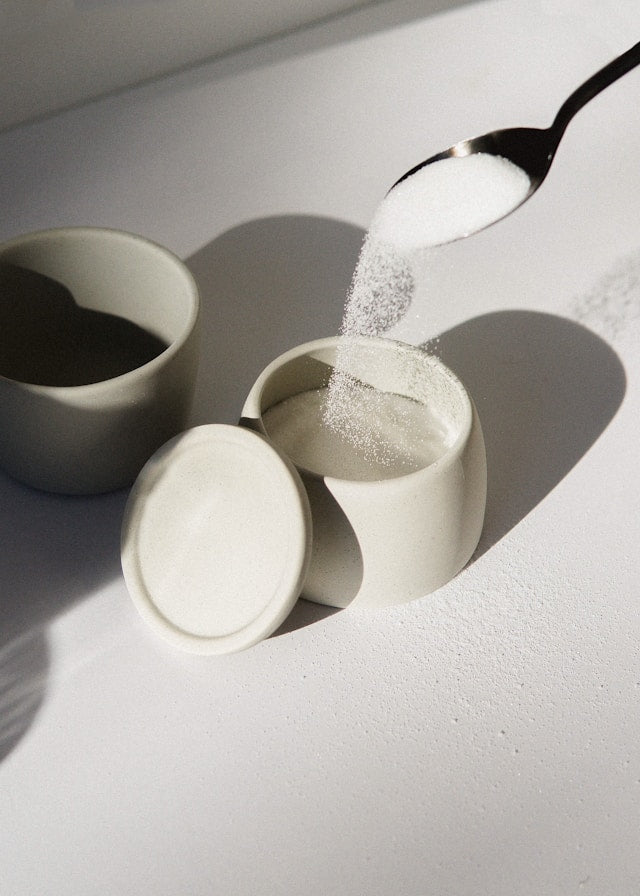Today, I conducted an experiment. I didn’t put sugar in my coffee.
I realize this may seem trivial, especially to non-coffee drinkers or people who swore off sugar a long time ago. But stick with me. What I learned from this experiment is actually kind of interesting and universally applicable.
A Little Background
I was inspired to cease and desist on sugar in my coffee because of an online webinar I recently attended by Brooke Castillo, master weight management coach. (She is a.w.e.s.o.m.e by the way.) She piqued my curiosity when she posed these important questions:
What comes up when you do what you normally do? In other words, if you reach for the bag of chips, the beer, the cookies, etc., what are the thoughts and feelings that come up?
I’ll be honest.
Just thinking about not putting sugar in my coffee sent me into a complete tailspin. I freaked out. The world as I knew it was ending. Here’s a sampling of my thought process, all of this while I’m standing in front of the coffee maker.
“OMG, my coffee is going to taste like crap. Coffee is my morning joy. I’ve always put sugar in my coffee. I can be thin and drink coffee with sugar. Maybe I don’t really want to lose weight if it means I have to give up sugar. What good is my morning coffee if I can’t have it exactly how I want it? What if I never enjoy coffee again? How will I get out of bed if my coffee just isn’t the same?”
And on and on and on.
Lesson #1: Your Thoughts Create Your Results
Look what my thoughts did to me. Remember, I was standing in my kitchen, perfectly safe and sound. But my thinking got me all upset about a spoonful of freaking sugar. I started to rationalize why it would be go ahead and put the sugar in.
But then I remembered that in order to actually fulfill the experiment, I needed to follow through with not doing the thing I was used to doing. And I was curious about doing an experiment. Just once.
Sigh.
So I didn’t do it. I didn’t add sugar.
And it wasn’t awful. I took that first sip, and strangely, I didn’t mind it as much as I thought I would.
Turns out, all those thoughts racing through my head were much ado about nothing.
And that is the universal lesson.
Our thoughts determine our results. If you don’t like your results, change your thoughts.
My thoughts tried to convince me that my morning, and possibly my entire life, would be ruined if I didn’t put sugar in my coffee. By shifting my thought to, “It’s just an experiment for one day,” I was able to follow through with omitting sugar in my coffee. And the result was surprising.
Thoughts aren’t true or real. We think they are. It feels like they are. But they aren’t. Our brains make stuff up all the time. Remember all the times you’ve worried something bad was going to happen and it didn’t. All that worry is actually unnecessary, even harmful.
It’s estimated that 60,000 thoughts buzz through our brains every day. We get to choose what we want to believe and what we don’t. We can choose 60,000 thoughts that tell us we can do anything we want to; or we can choose thoughts that make us freak out about a spoonful of sugar.
The great news is that we can change them. It requires awareness of what’s happening, which isn’t always easy when we’re worked up about something.
My sugar experiment was just a teeny-tiny change. Imagine what our thoughts do to us when we face a big decision or major life change. As humans, we’re hardwired to worry and be cautious of change. It was a survival skill. But that doesn’t mean we have to continue to be prisoners of our own thoughts.
Lesson #2: What You Fear Is The Lesson
So, the experiment wasn’t really about sweetening my coffee; it was really about sweetening my life.
And that sounds like a pretty good thing to focus on.

